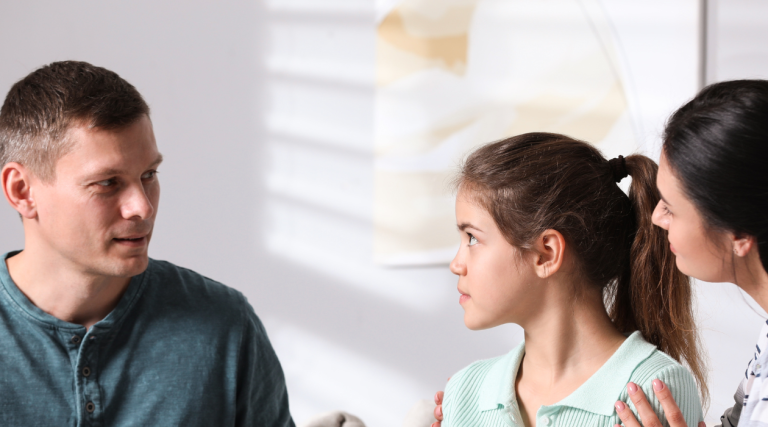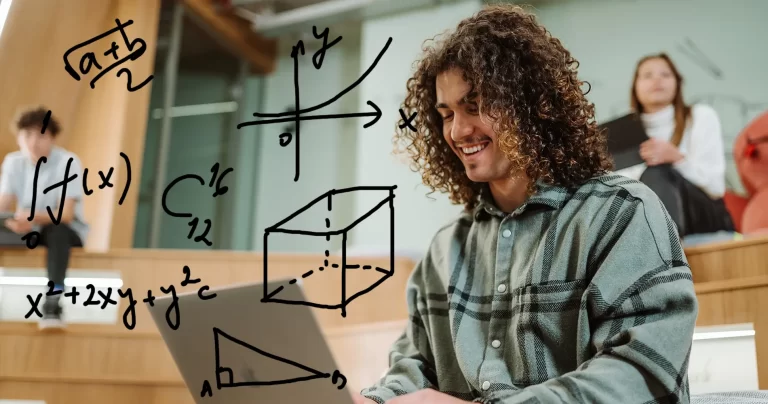Summary of Cambridge AS Level Sociology course content
An appreciation and understanding of individual, social and cultural diversity, continuity, and change in social life is always needed. This Cambridge AS Sociology course aims to help students stimulate their understanding of cultural and political issues and contemporary social situations. To pursue a career in social work, politics, law, and marketing this A-level Cambridge Sociology course will be the first and most crucial step to make for your dream career.
Start analysing and understanding the complexities of societies today!
By studying this Cambridge International AS & A Level course candidates will develop:
- knowledge and understanding of sociological terms, theories, methods and research findings
- an awareness of the range and limitations of sociological theory and the ability to compare and contrast different theoretical perspectives
- an appreciation and understanding of individual, social and cultural diversity, and of continuity and change in social life
- an understanding of sociological research methods, including issues concerned with the planning, implementation and evaluation of research enquiry and the collection, analysis and interpretation of data
- improved skills of communication, interpretation, analysis and evaluation
- skills for further study
Candidates study the following content:
1. Socialisation, identity and methods of research
- Socialisation and the creation of social identity
- The process of learning and socialisation
- Social control, conformity and resistance
- Social identity and change
- Methods of research
- Types of data, methods and research design
- Approaches to sociological research
- Research issues
2. The Family
- Theories of the family and social change
- Perspectives on the role of the family
- Diversity and social change
- Family roles and changing relationships
- Gender equality and experiences of family life
- Age and family life
3. Education
- Education and society
- Theories about the role of education
- Education and social mobility
- Influences on the curriculum
- Education and inequality
- Intelligence and educational attainment
- Social class and educational attainment
- Ethnicity and educational attainment
- Gender and educational attainment
4. Globalisation, Media and Religion
A. Globalisation
- Key debates, concepts and perspectives
- Perspectives on globalisation
- Globalisation and identity
- Globalisation, power and politics
- Contemporary issues
- Globalisation, poverty and inequalities
- Globalisation and migration
- Globalisation and crime
B. Media
- Ownership and control of the media
- Traditional media and the new media
- Theories of the media and influences on media content
- The impact of the new media
- Media representation and effects
- Media representations of class, gender, ethnicity, and age groups
- Different models of media effects
- The impact of the media on behaviour
C. Religion
- Religion and social order
- Religion and society
- Religion and social order
- Religion as a source of social change
- The influence of religion
- The secularisation debate
- Gender, feminism and religion
- Religion and post-modernity
How the course is assessed
Candidates for Advanced Subsidiary (AS) certification take two papers in a single examination series.
Candidates who, having received AS certification, wish to continue their studies to the full Advanced Level qualification may carry their AS marks forward and take two more papers in the examination series in which they require certification.
Candidates taking the full Advanced Level qualification at the end of the course take all four papers in a single examination series.
Guided Learning Hours
We design Cambridge International AS & A Level syllabuses based on learners having about 180 guided learning hours for each Cambridge International AS Level and about 360 guided learning hours for a Cambridge International A Level. The number of hours a learner needs to achieve the qualification may vary according to local practice and their previous experience of the subject.
Any special requirements
You may assume that all students have access to an Internet connection and a basic computing device such as a mobile phone or a tablet and basic writing materials such as notebooks and pens/pencils. If anything additional to this such as textbooks, a more powerful computing device or specific software or apps are required (including free software) then list the minimum requirements here.
Textbook
- Collins Cambridge International AS & A Level Sociology Student’s Book
- Author: Haralambos, M, Holborn, M, Chapman, S, Davies, T, Wilson, P and Pountney, L
- Publisher: Collins
- ISBN: 9780008287627
Required textbook
Collins Cambridge International AS & A Level – Cambridge International AS & A Level Sociology Student’s Book, Michael Haralambos, Martin Holborn, Pauline Wilson, Tim Davies, Laura Pountney and Steven Chapman, Consultant editor Michael Kirby, ISBN 9780008287627,
Course Code: 9699









